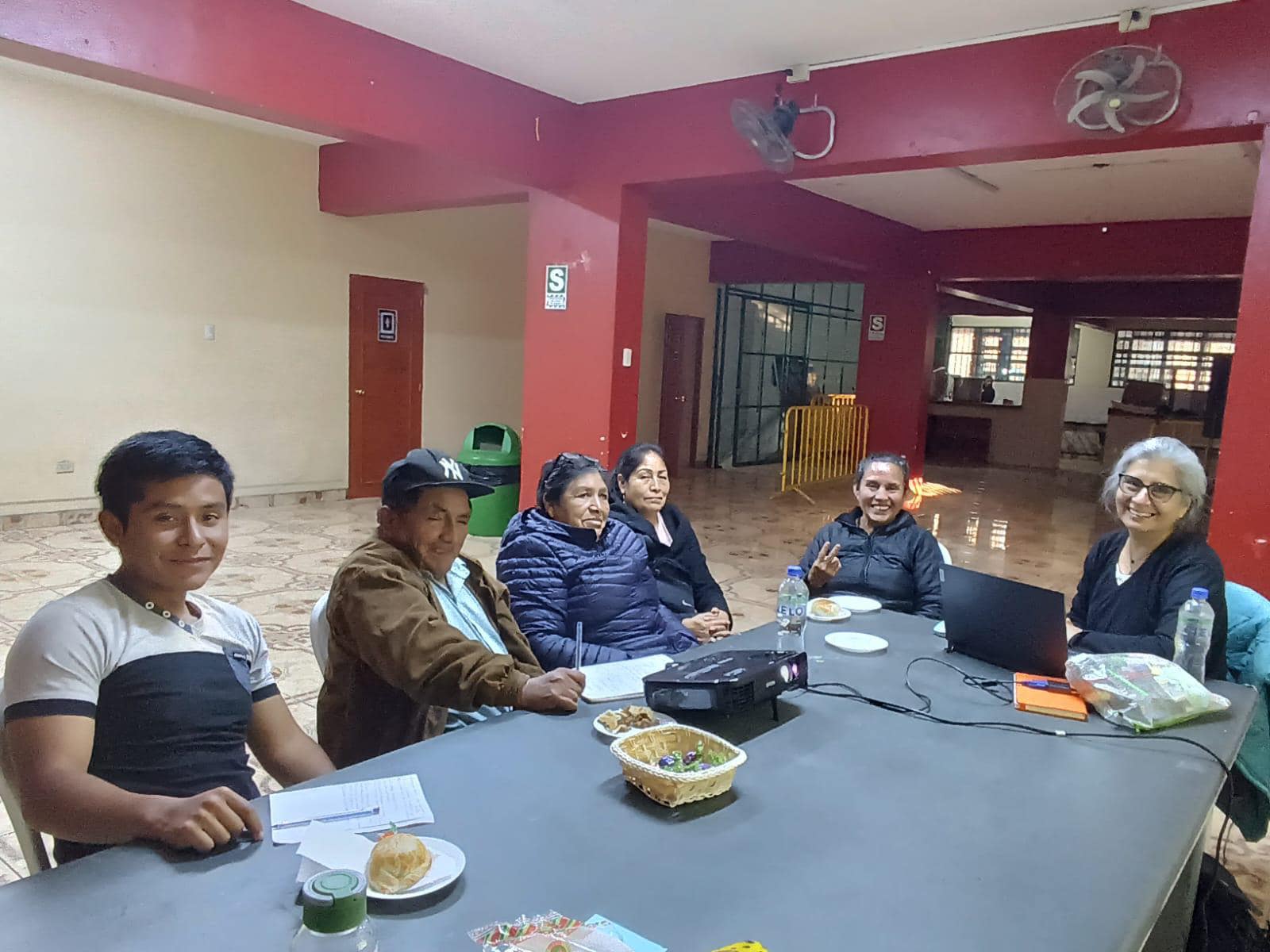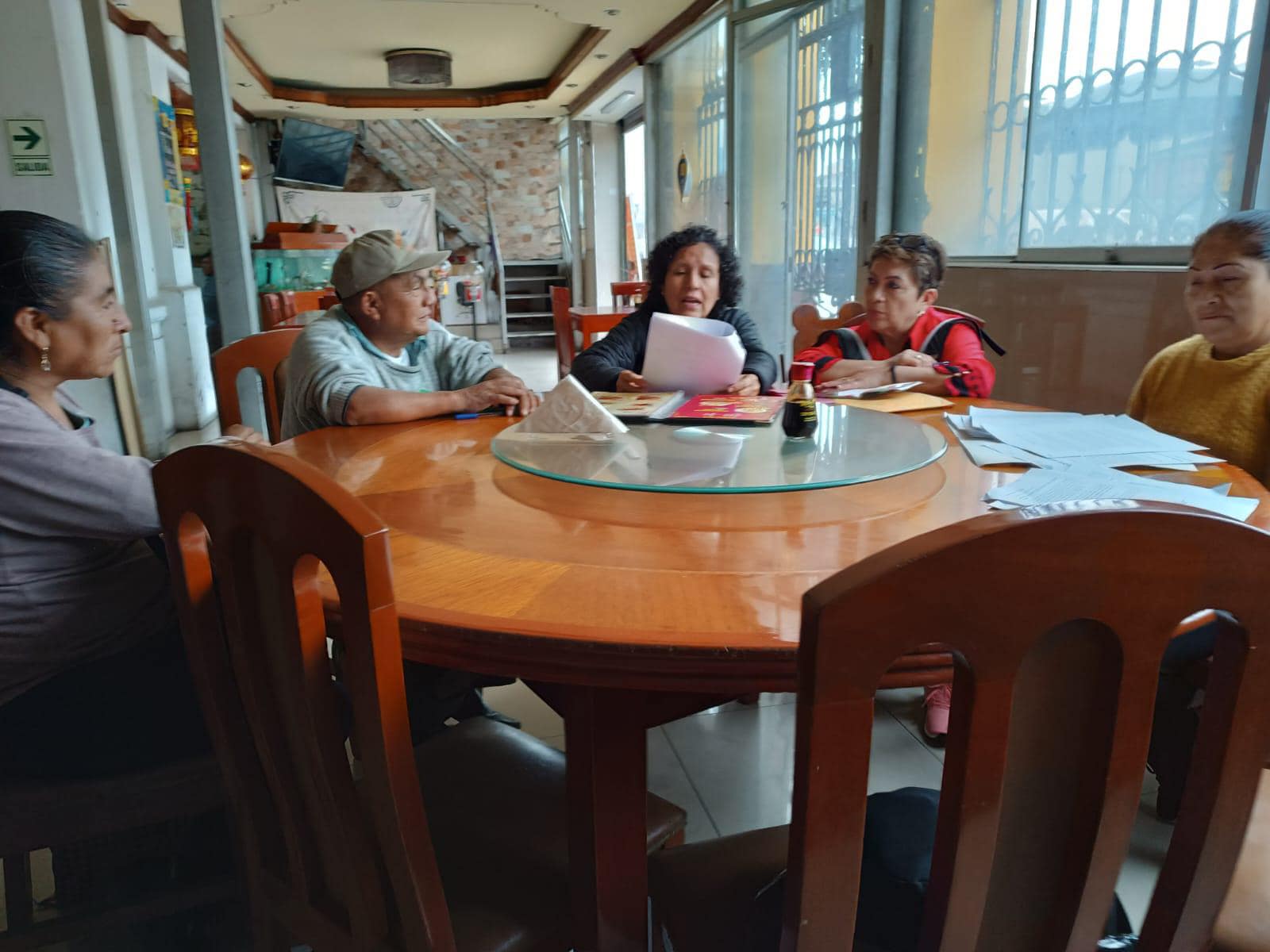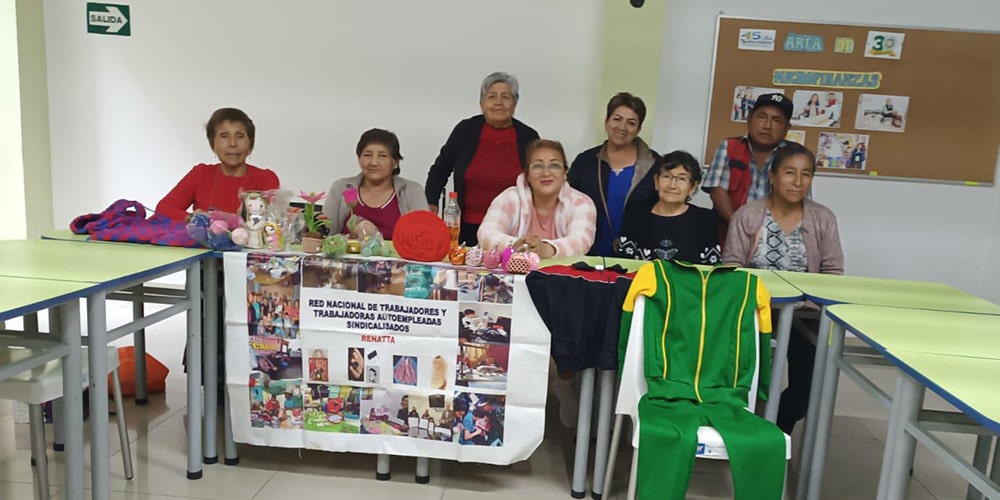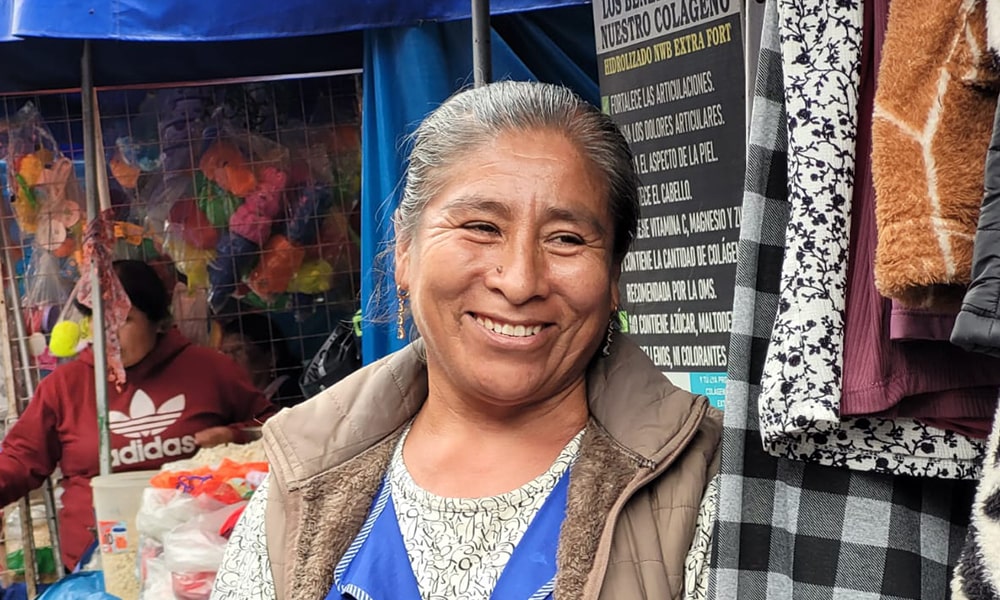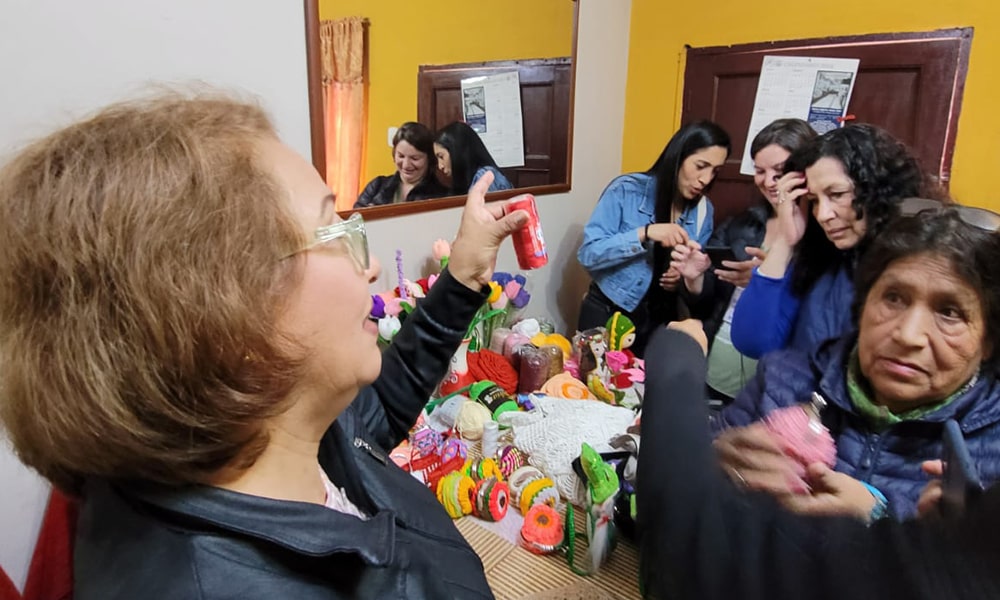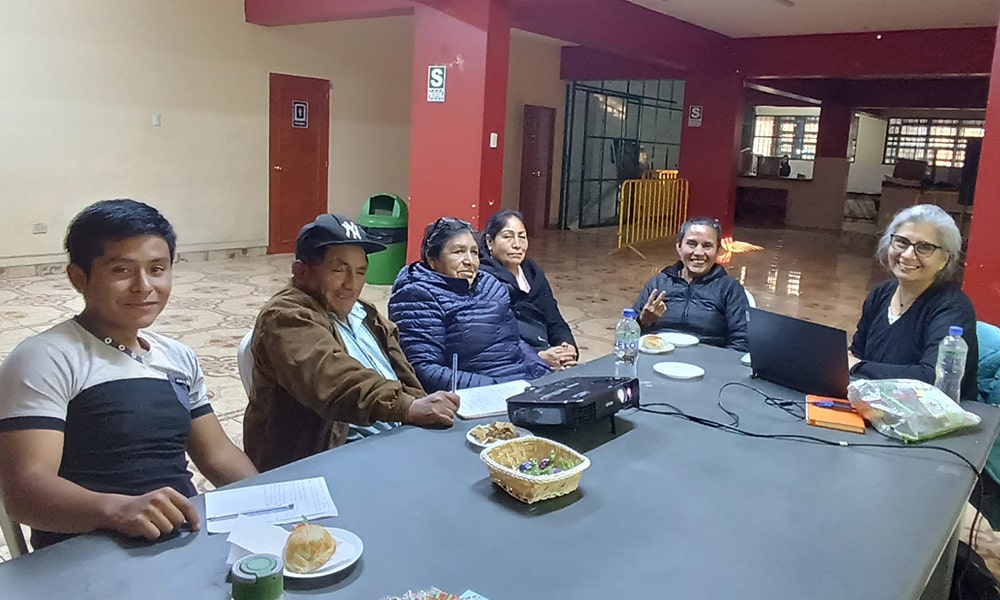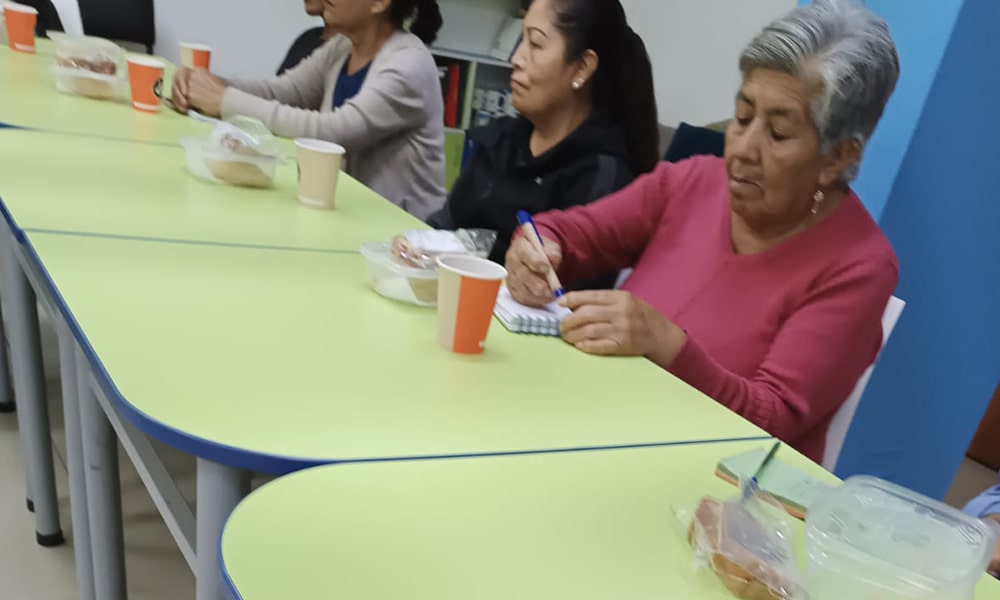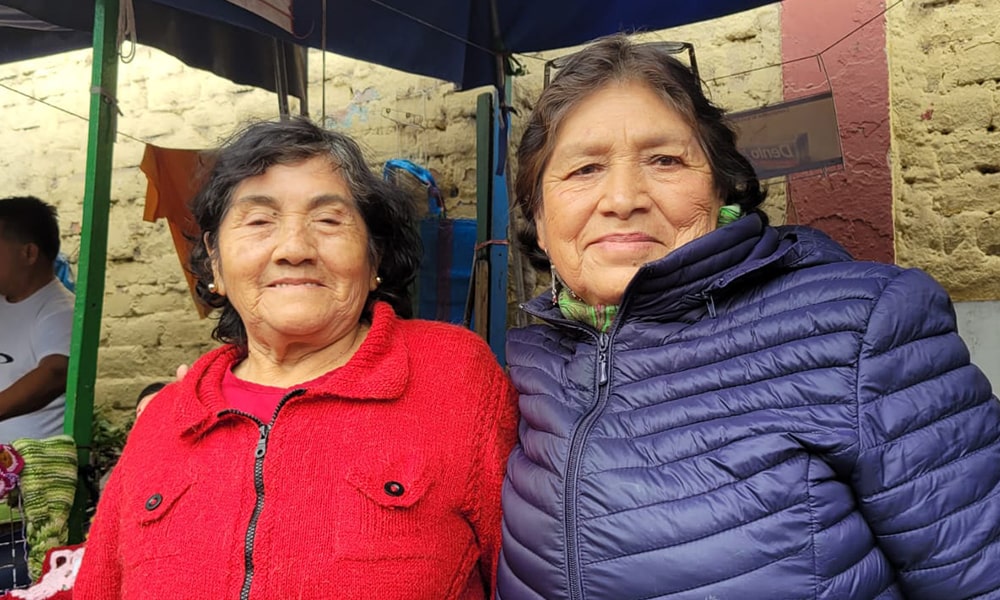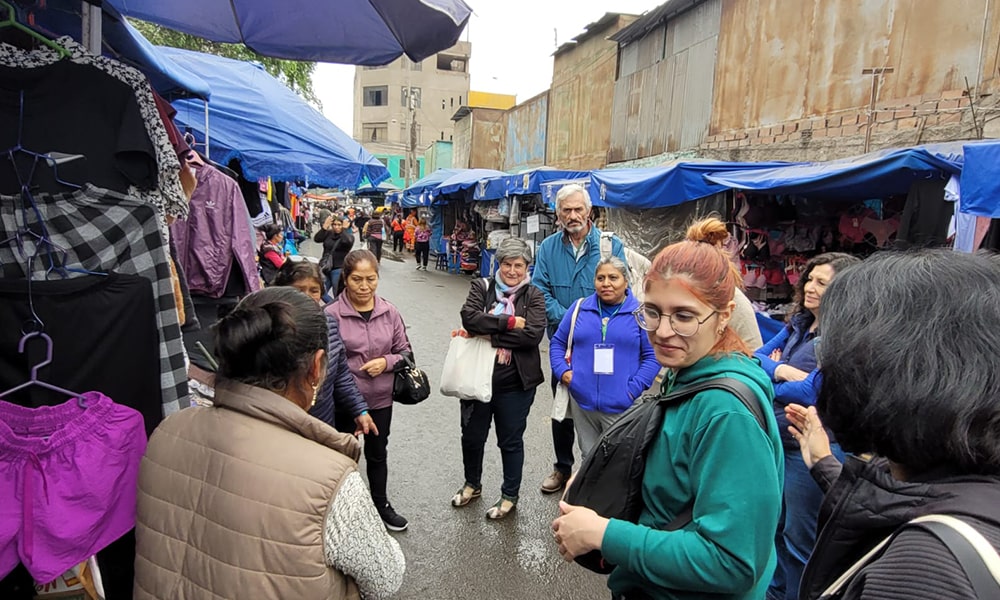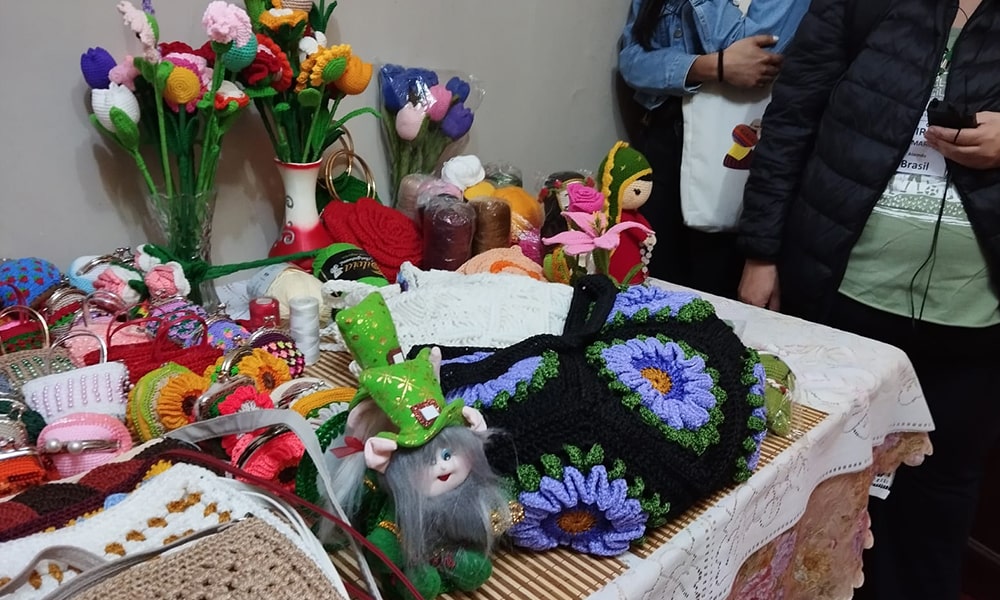By: Carlos Sánchez, Regional Coordinator of COTRADO ALAC
The National Network of Self-Employed Workers (RENATTA) is an organization that brings together various groups of workers in informal and unregulated employment, including home-based workers.
On October 22nd, RENATTA held a meeting for the International Home-Based Workers Day in the district of San Martin de Porres, Lima, where strategies were discussed to achieve Peru’s ratification of ILO Convention 177, the Home Work Convention, and ILO Convention 190, related to gender-based violence in the workplace.
To this end, they aimed to start a round of discussions with the Ministry of Labor and Central Única de Trabajadores (Single Workers’ Trade Union), so that these bodies would take workers’ demands.
RENATTA also held a commemorative activity on November 28 in the Carabayllo neighborhood, for the International Day for the Elimination of Violence against Women, together with local women home-based workers. This event marked the beginning of planning activities for 2025.
